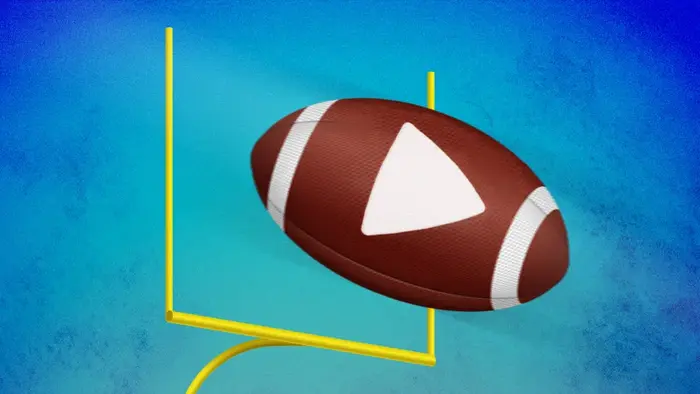T4K3.news
NFL seeks congressional sign-off on ESPN deal
The NFL and ESPN are lobbying Congress to secure federal approval for their non-binding agreement.
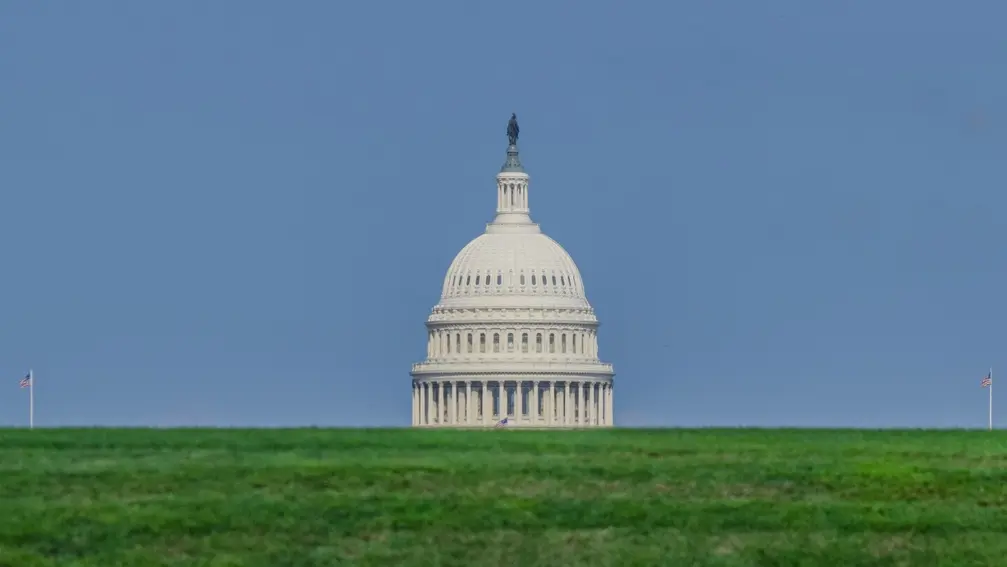
A non-binding NFL ESPN deal prompts congressional outreach as regulators weigh antitrust and consumer impact.
NFL presses Congress on ESPN deal
The NFL has begun a lobbying push with Congress about its non-binding agreement with ESPN. The outreach, reported by Reuters, covers about 30 offices and aims to explain how the deal could broaden consumer access. The agreement ties the league to ESPN through ownership stakes and shared media assets and remains unresolved at the federal level. The Department of Justice will review the arrangement, a process that could take more than a year and may not lead to formal approval. The NFL and ESPN describe the deal as non-binding because it has not yet received government clearance.
Advocates say the arrangement could help fans by expanding access to games and related content, while critics warn that ownership links between a league and its broadcaster might raise prices or limit options for viewers. One attorney cited concerns about consumer costs, noting that Disney’s strength in sports media could push prices higher for streaming services or game access. At the same time the NFL owns 10 percent of ESPN, which can complicate relationships with other broadcast partners and reshape the leverage in future negotiations.
Key Takeaways
"The deal could potentially result in higher costs for consumers, as Disney's dominance in sports media could limit options and drive up prices for streaming services or game access."
Attributed to attorney Andre P. Barlow
"This is more than a handshake, it tests market power"
Editorial take on the significance of the move
"Regulators will scrutinize how ownership links shape options"
Regulatory outlook on cross ownership
"Fans deserve real choices not a single gatekeeper"
Public sentiment expressed in response to media consolidation
This move spotlights a broader trend in which leagues seek closer ties to the media platforms that carry their games. The arrangement could accelerate consolidation in sports media, raising questions about fair access and price competition for fans. Regulators will look beyond contracts and rights fees to understand who benefits and who might pay the price. The stakes go beyond a single deal; they probe how far a football league or a broadcaster should be allowed to intertwine ownership with content distribution.
In political terms, the case tests how government oversight handles complex cross ownership in a high-profile industry. Even if the DOJ approves the deal, lawmakers will weigh the optics of a league owning a stake in a major network and whether guardrails are needed to protect consumers and competitors. The outcome could shape how future partnerships are structured across sports and media.
Highlights
- Powerful alliances reshape the price of watching sports
- A single stake can tilt access and profits
- Regulators will study who owns the game and the game plan
- Fans deserve choices not one gatekeeper
Political and budget risk in ESPN deal lobbying
The lobbying push signals potential political backlash and budget considerations as regulators review the ownership link between a league and its broadcaster. Antitrust scrutiny could follow if regulators see the arrangement tilting competition or harming consumers.
The unfolding scrutiny may redefine who controls access to live sports in the years ahead.
Enjoyed this? Let your friends know!
Related News
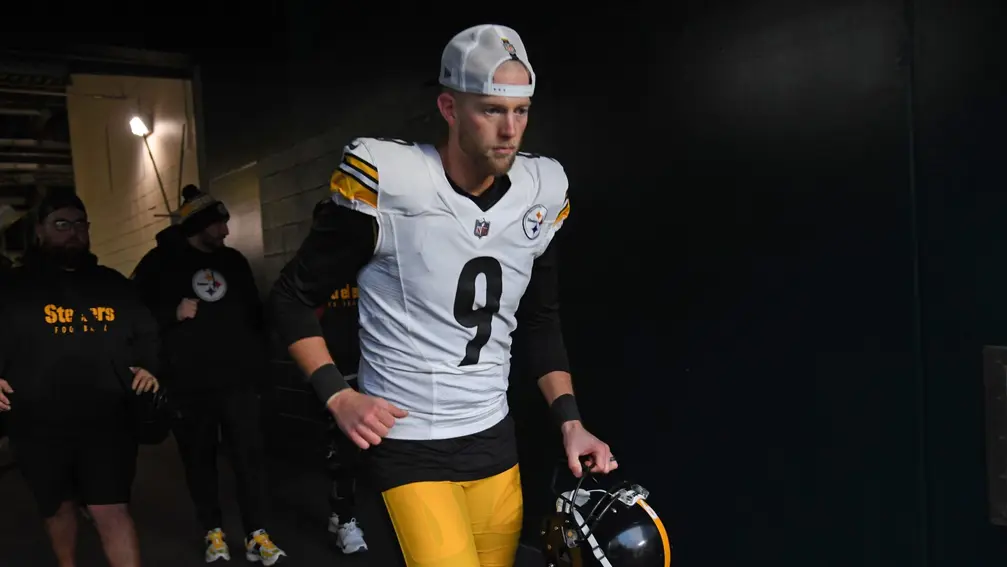
Chris Boswell seeks a new deal with the Steelers
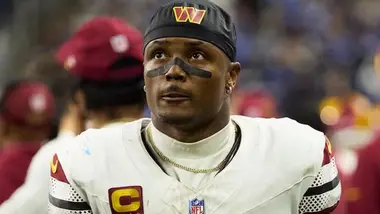
Steelers secure Metcalf and pressure on McLaurin grows
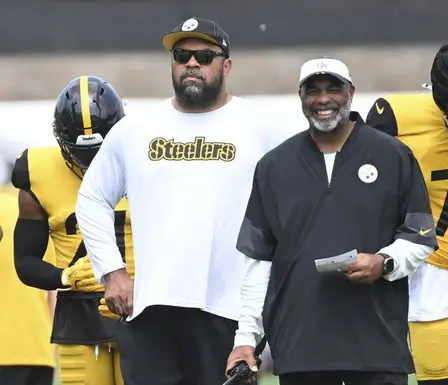
Cameron Heyward not practicing as he seeks contract raise

Cameron Heyward delays practice due to contract talks
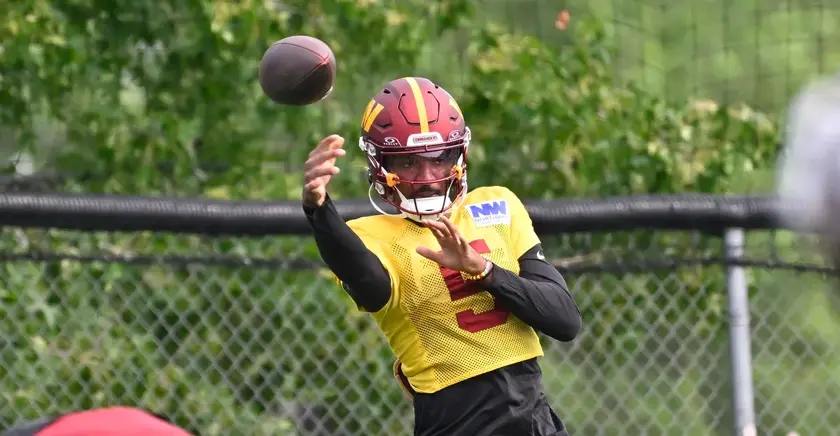
Washington Commanders face injury challenges before preseason opener
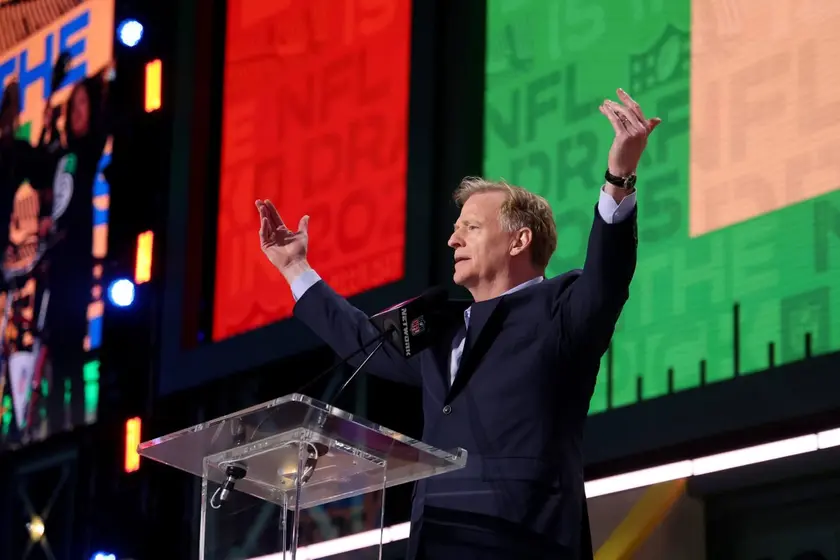
ESPN and NFL nearing landmark media deal
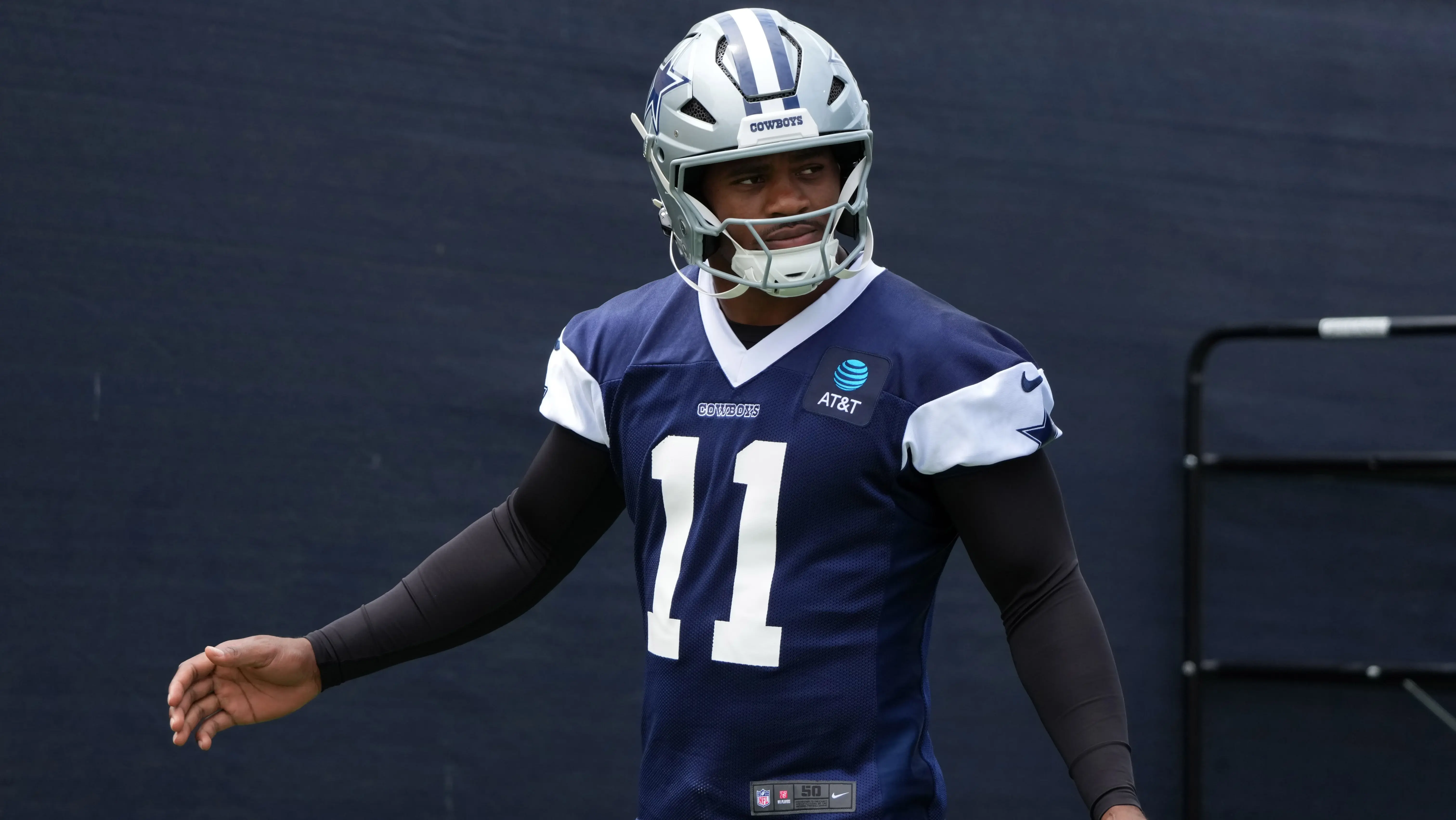
Jerry Jones's management style faces scrutiny
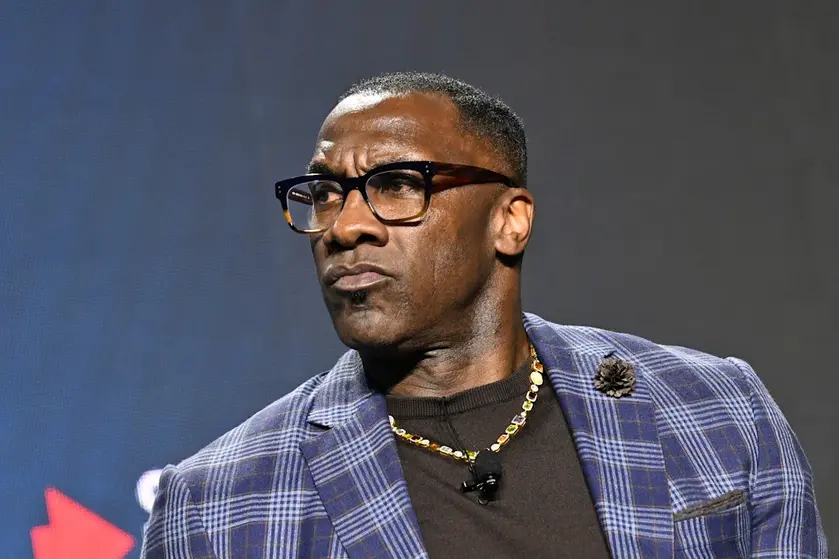
ESPN parts ways with Shannon Sharpe after lawsuit settlement
